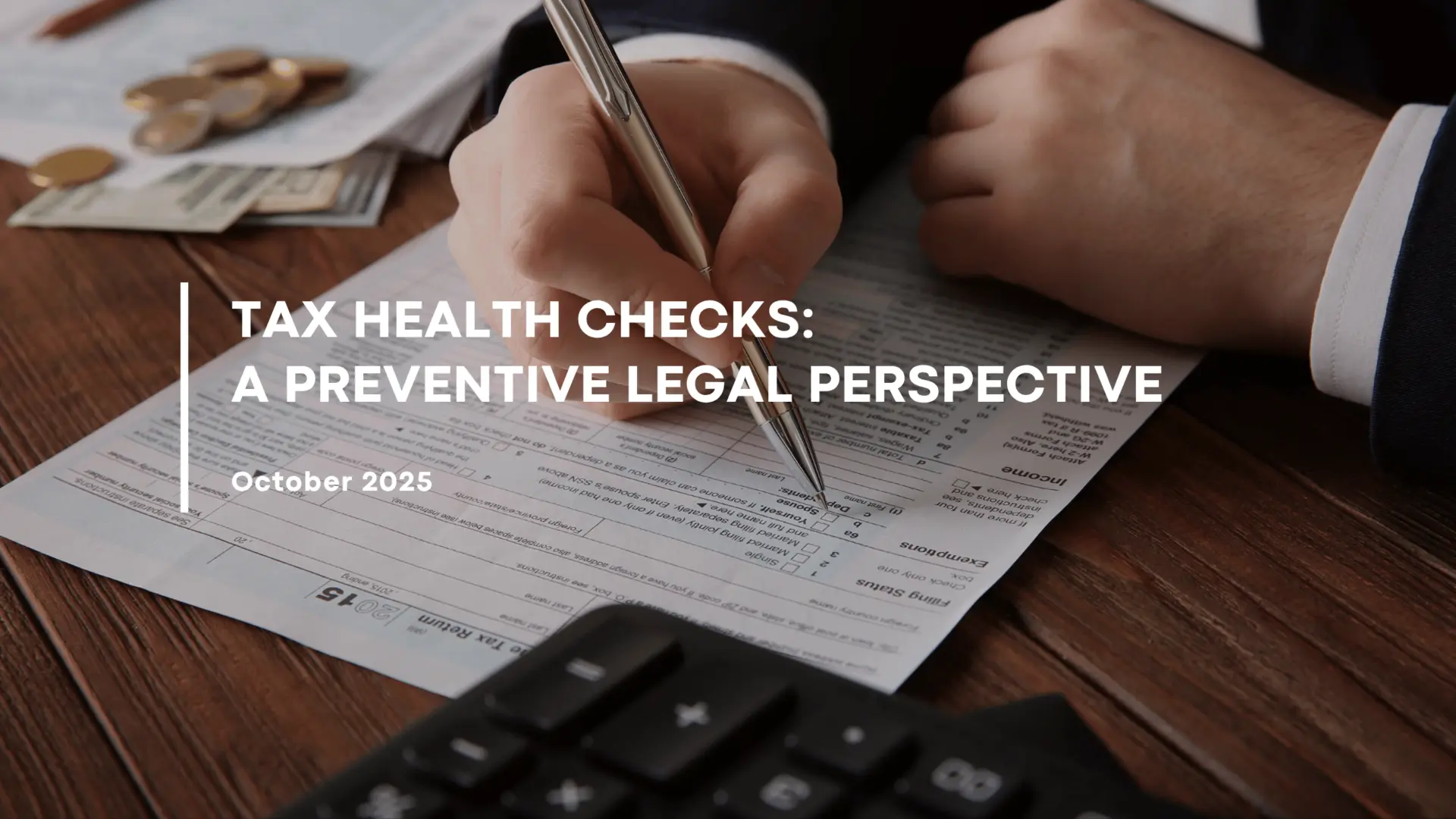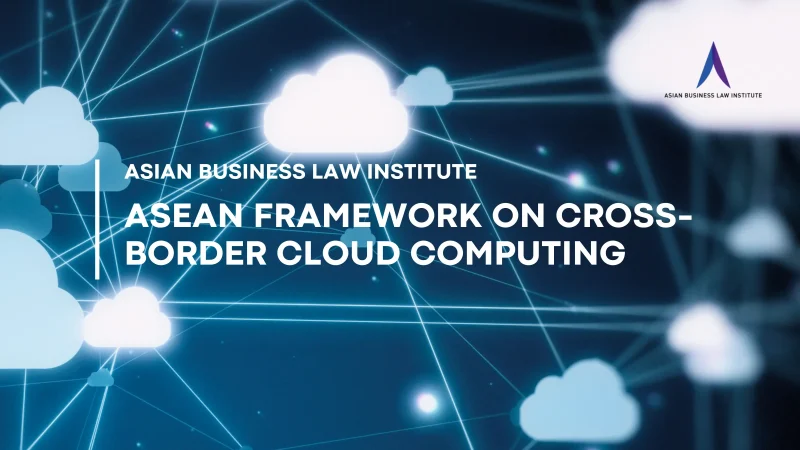A. Introduction
The Thai Revenue Department has, in recent years, adopted a far more assertive approach to tax enforcement. Supported by data-sharing arrangements with domestic agencies and international organisations, the Department now has greater visibility over taxpayers’ financial affairs than ever before. In addition, it has begun deploying artificial intelligence (AI) and data analytics tools to cross-check information across different filings — for example, comparing VAT returns, annual corporate income tax returns, and third-party data. This has materially increased both the speed and scope of audits.
For many taxpayers, the challenge is not deliberate non-compliance, but rather the existence of documentation gaps, interpretational ambiguities, or legacy structures that are no longer defensible under current enforcement practices. Against this backdrop, the concept of a tax health check — a proactive legal and tax review — is gaining significance.
Much like an individual undergoes an annual medical check-up to detect potential health issues before they become serious, a tax health check enables both companies and individuals to identify risk areas and compliance weaknesses early. By spotting irregularities before they surface during a Revenue Department audit, taxpayers can take corrective action in advance — often avoiding far greater costs and complications later.
B. Frequent Audit Issues
From cases we have observed, several recurring themes emerge:
1. Transfer Pricing and Related-Party Dealings
Revenue officers frequently scrutinise the arm’s-length nature of intercompany pricing. Even where transfer pricing documentation exists, deficiencies in the local file or inadequate economic analyses have resulted in significant assessments.
2. Withholding Tax on Cross-Border Payments
Disputes often arise over the characterisation of payments — for example, whether certain fees constitute royalties or business profits. Misclassification can expose a payer to retrospective assessments, interest, and surcharges.
3. Deductibility of Expenses
Under Section 65 of the Revenue Code, the burden rests with the taxpayer to demonstrate that expenses are “wholly and exclusively” for business purposes. Charges for management services, technical support, or head office allocations are often disallowed in the absence of robust supporting evidence.
4. Indirect Tax Considerations
VAT, Specific Business Tax, and stamp duty obligations are frequently overlooked in complex transactions, particularly in real estate, financing, and digital services. Assessments in this area can be disproportionate to the amounts originally in dispute.
5. Individual Tax Compliance
High-net-worth individuals are increasingly subject to scrutiny of offshore structures, family trusts, and intra-family transfers. The implementation of international information exchange frameworks has significantly narrowed the scope for undeclared arrangements.
C. Illustrative Cases
1. VAT vs. Annual Corporate Income Tax
The Revenue Department’s AI system flagged discrepancies between a company’s reported VAT output tax and its gross revenues declared in its annual corporate income tax return. The mismatch prompted a full audit, resulting in significant reassessment of under-declared sales.
2. Royalties vs. Business Profits
A Thai company made recurring payments to a foreign affiliate for software use. The taxpayer classified these as business profits not subject to withholding. Revenue officers recharacterised the payments as royalties under Section 70 of the Revenue Code, leading to a substantial withholding tax liability plus penalties.
3. Management Fees and Intercompany Loans
A group of affiliated companies was challenged by the deductibility of management fees and the arm’s-length nature of intercompany financing. The Revenue Department disallowed deductions for the fees on the basis that supporting documentation was inadequate, and further imposed adjustments to intercompany loan interest rates deemed excessive.
D. Preventive Value of a Tax Health Check
A tax health check is not intended to duplicate statutory audits of financial statements. Rather, it is a forward-looking exercise that anticipates the Revenue Department’s approach in a potential audit and tests whether the taxpayer’s documentation, reporting positions, and underlying legal structures are defensible.
In the same way that preventive medical screening helps maintain long-term wellbeing, a tax health check preserves the financial health of a business. It provides early diagnosis of potential risks and allows taxpayers to implement timely remedies before these issues escalate.
A skilled tax lawyer plays a central role in this process. By stepping into the mindset of a Revenue Department officer, the lawyer can effectively simulate a random tax audit — applying the same review techniques, documentation requests, and interpretative standards used in real audits. This allows the taxpayer to see how the Revenue Department might assess its filings and to strengthen its documentation and positions in advance.
For corporations, such a review is particularly valuable prior to restructuring, M&A activity, or entry into related-party arrangements. For individuals, it is critical where cross-border wealth planning or succession strategies are employed.
E. Conclusion
With the Revenue Department now leveraging both international cooperation and AI-driven audit tools, taxpayers face a heightened risk of scrutiny. In such an environment, prevention is invariably less costly than cure. A systematic tax health check serves as a form of legal due diligence — providing assurance that existing positions are supportable, and identifying areas where corrective action may be prudent.
© PDLegal Thailand
This article is intended to provide general information only and does not constitute legal advice. It should not be used as a substitute for professional legal consultation. We recommend seeking legal advice before making any decisions based on the information available in this article. PDLegal fully disclaims responsibility for any loss or damage which may result from relying on this article.
Further information
Should you have any questions on how this article may affect you or your business, please get in touch with the following person:

